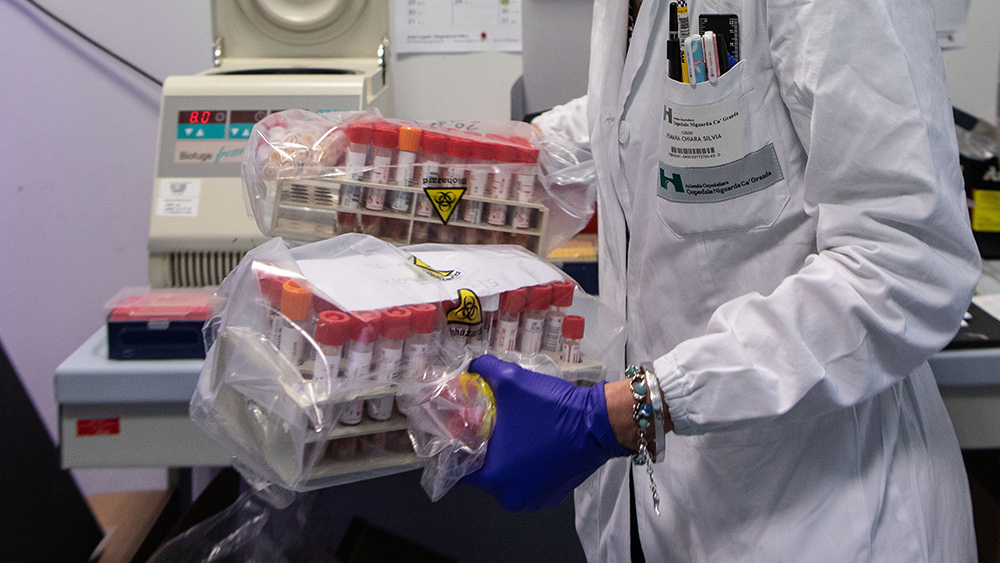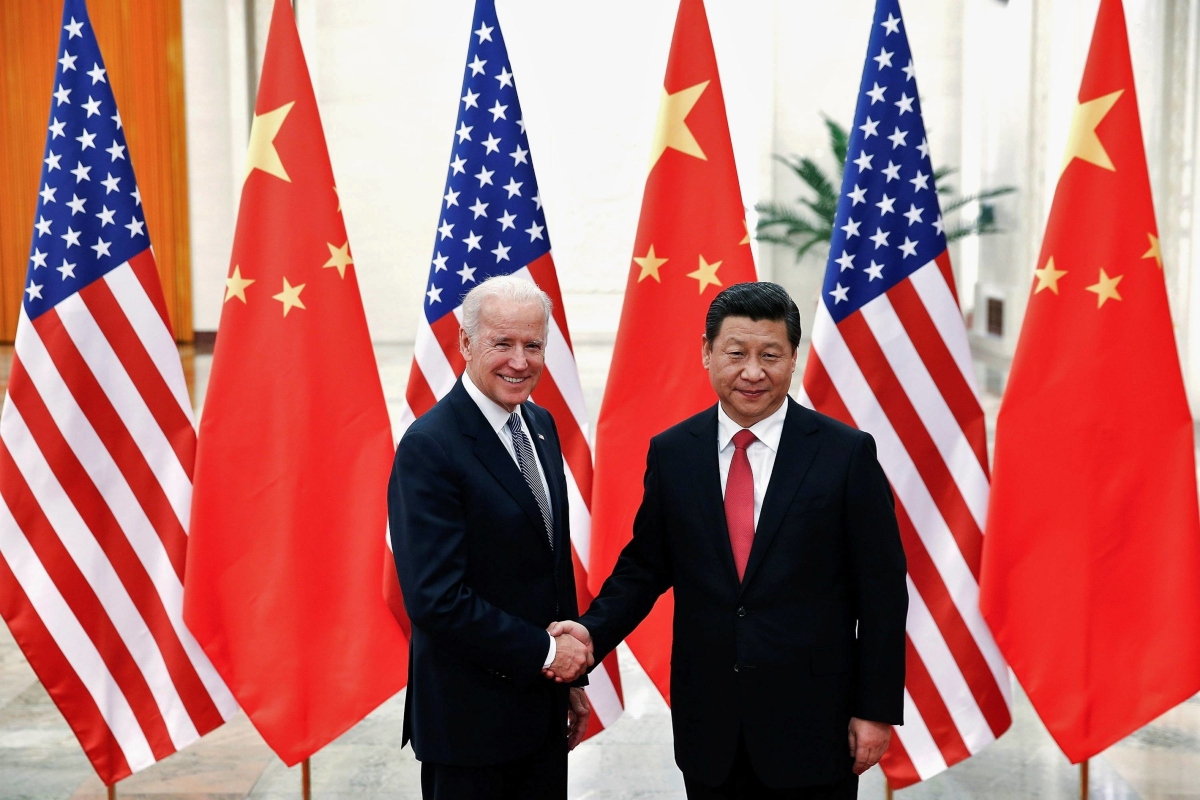
The Uighur Forced Labor Prevention Act would require companies sending their products to the U.S. to scrutinize their supply chains. Importation of goods made "in whole or in part" in Xinjiang would be banned – unless companies can prove to customs officials that their products were not made using forced labor. In addition, companies would be required to disclose information on their ties to Xinjiang companies to the Securities and Exchange Commission.
The bill has gained bipartisan support despite opposition: It passed the House of Representatives in September by a margin of 406 to three. Congressional aides say it has the backing to pass the Senate, and could be signed into law by President Donald Trump. However, multinational firms whose supply chains touch the Xinjiang region in western China have enlisted the help of lobbyists – who have fought to water down some of its provisions.
Xinjiang produces both raw materials for and supplies workers to China's apparel and footwear factories. Human rights groups and news reports in turn have linked many multinational companies to suppliers there. Aside from these links, both politicians and consumers around the world have frowned upon China's campaign of suppressing and forcibly assimilating Uighurs and other minorities in the western Chinese province. (Related: US customs officers seize 13-ton shipment of Chinese beauty products made using Uighur prison labor.)
Companies with Xinjiang-linked supply chains have denied lobbying against the bill
The government watchdog agency Congressional-Executive Commission on China released a report in March listing a number of companies with suspected ties to forced labor in Xinjiang. Calvin Klein, H&M, Tommy Hilfiger, Costco, Nike and Coca-Cola were some of the companies named in the report. (Related: Entire fashion industry complicit in forced labor of Uighurs in China, rights groups say.)
Coca-Cola said in a statement that it "strictly prohibits any type of forced labor" in its supply chain and uses third-party auditors to keep a close eye on its suppliers. It also mentioned that COFCO Tunhe Co., a Xinjiang sugar supplier which the Wall Street Journal linked to forced labor allegations in 2019, "successfully completed an audit" during the same year.
Meanwhile, Nike referred to a statement published on its website in March in response to forced labor allegations. The statement said that Nike did not source materials from Xinjiang and confirmed that its suppliers did not use textiles or yarn from the region. Nike Global Communications Director Greg Rossiter denied that the athletic shoe brand lobbied against the Uighur Forced Labor Prevention Act, saying that it instead had "constructive discussions" with congressional aides to eliminate forced labor and protect human rights.
A report by the Australian Strategic Policy Institute (ASPI) released in March 2020 mentioned that the Qingdao Taekwang Shoes Co. Ltd., which had Nike as its primary customer, employed around 600 Uighur women from the remote Xinjiang prefectures of Hotan and Kashgar.
The ASPI report also named technology company Apple as among the firms with links to Uighur forced labor, through its contractor O-Film Technology Co. Ltd. The Chinese company received at least 700 Uighur workers as part of a "re-education" program – with other Apple suppliers such as Foxconn Technology following the same scheme, the report said. (Related: There's blood on your phone: Tech giants linked to "slave labor" in Chinese factories.)
In response, Apple said in a statement that it regularly assessed suppliers – including with surprise audits. It also mentioned that it had the strongest supplier code of conduct in its industry. Apple's statement added: "Looking for the presence of forced labor is part of every supplier assessment we conduct and any violations of our policies carry immediate consequences, including business termination."
However, three sources confirmed that Apple lobbied to limit some provisions of the bill – which the technology company quickly disputed. The Big Tech firm remarked that it supported efforts to strengthen U.S. regulations and expressed belief that the Uighur Forced Labor Prevention Act should become law.
Tyranny.news has more about the Chinese government's suppression of Uighurs and other minorities.
Sources include:
Please contact us for more information.























